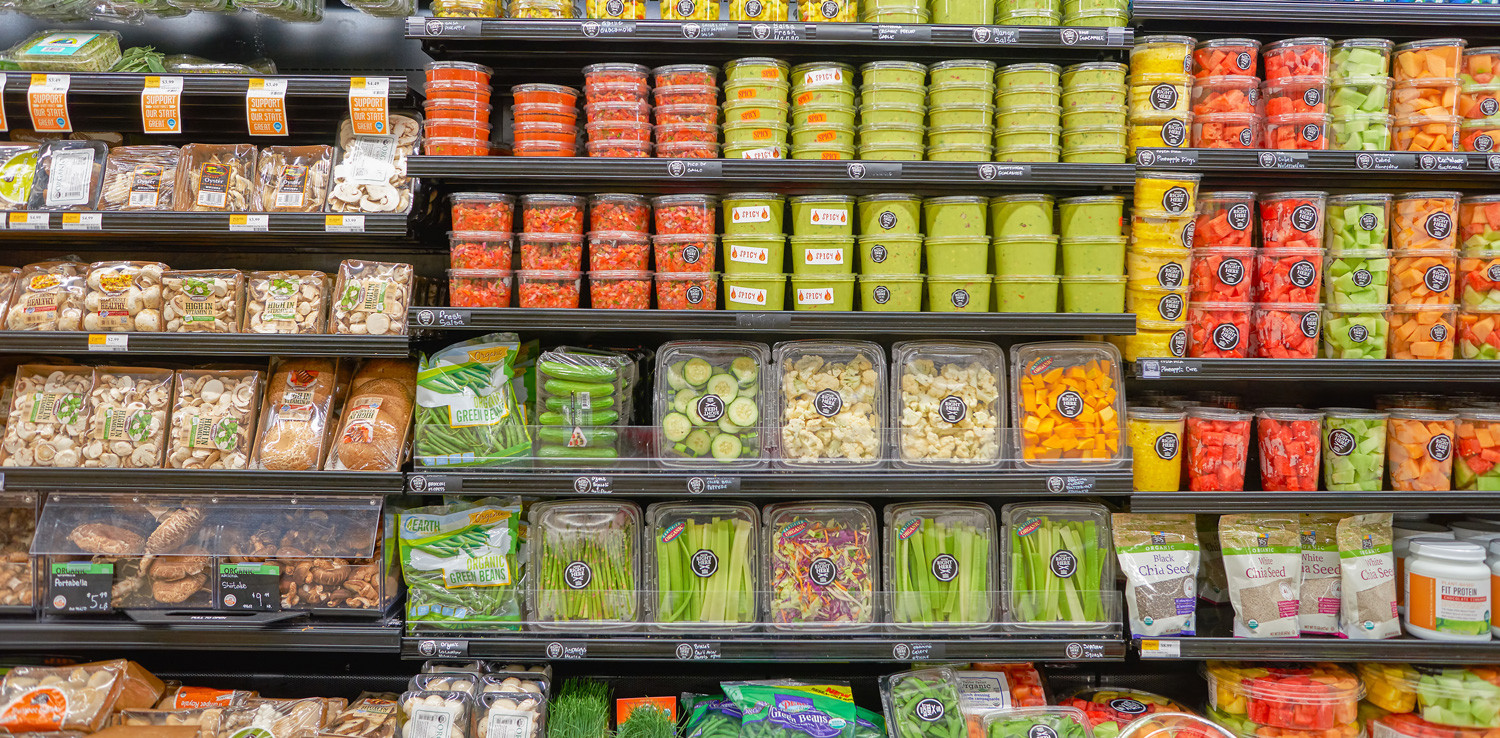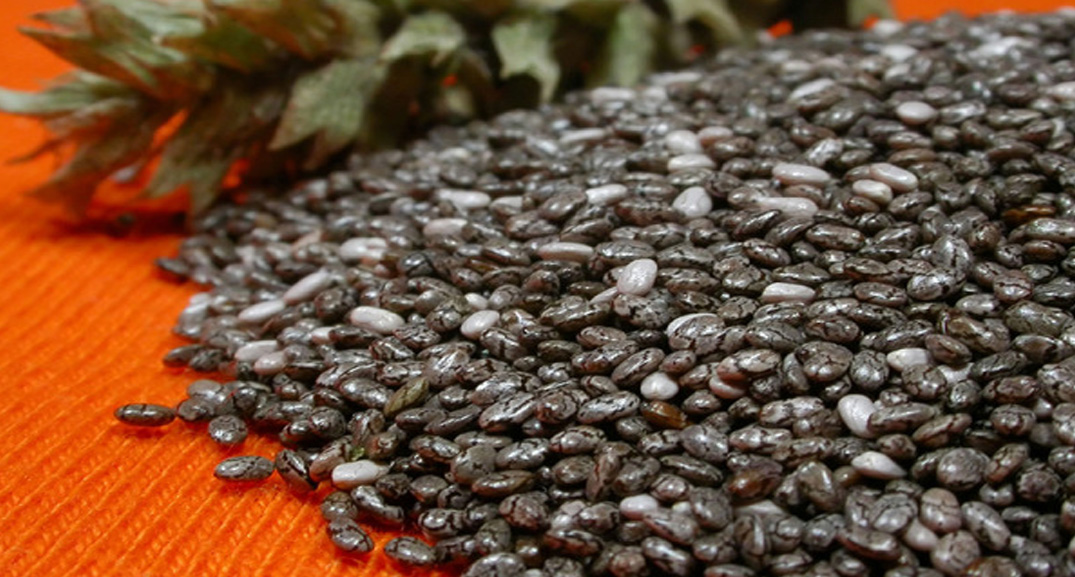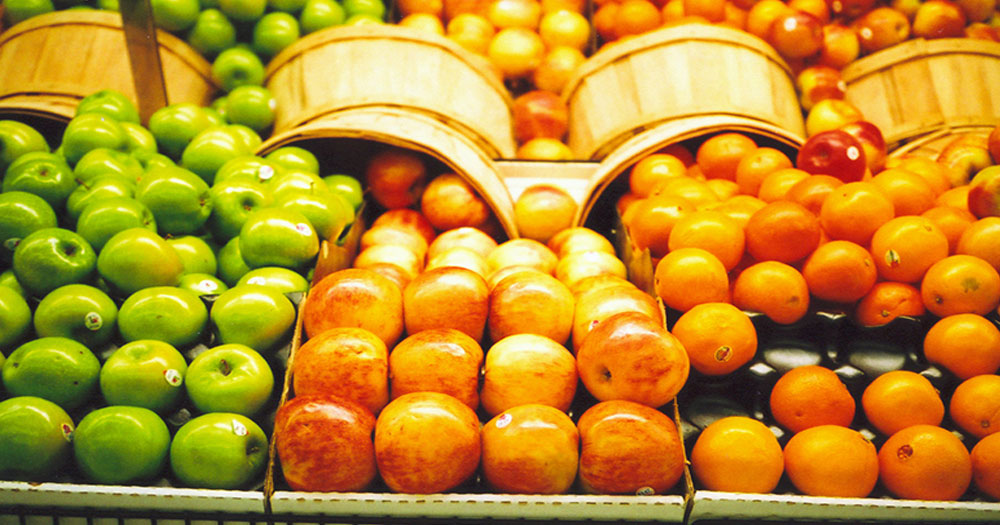
COVID-19 and Food Industry
There are thousands of self-proclaimed “foodies”, positioning themselves as health and wellness experts, however during a global pandemic you want the real deal! As a respected thought leader in the food industry with credentials as a Registered Dietitian and Nutrition Science degree from Canada’s leading food university, I have been consulting in the food industry for over two decades. Earlier this month, I was a guest speaker on ThatChannel.com discussing COVID-19 and Food Industry.
Drawing on my experience from being a food safety trainer to assisting companies to strategize their better-for-you product launches and marketing campaigns, let us explore my top concerns with COVID-19 and Food Industry from the pod to the plate.
 Temporary Foreign Workers
Temporary Foreign Workers
Seasonal farm work consists of long, hot, and physical days in the many fields, orchards, and commercial beehives across Canada. Temporary foreign workers have been an integral part of the Canadian workforce and food supply chain for decades. And there will always be jobs for Canadians who want to work and support these sectors.
Early this week, Canada announced support for the temporary foreign worker sector to help protect the health of Canadians, while ensuring a steady labour supply to support our economy and ensure our food security during these extraordinary times.
 Food Ingredient Suppliers and Manufacturers
Food Ingredient Suppliers and Manufacturers
All employers should ramp up their policies including cleaning and sanitizing to reduce the spread of COVID-19 in the workplace. These practices need to be clearly communicated to employees and employees must confirm that they have understood. During this pandemic, Canadian and global suppliers and manufacturers are faced with government directives plus fragile borders.
Manufacturers may not be able to source ingredients from other countries. For example, amaranth from India. Companies will need replace it with a local ingredient or discontinue making the products that require the ingredient until new sources are located or the previous source becomes available again. All of these consequences will affect short-term and long-term costs, as well as availability of supply for consumers.
 Foodservice – Restaurants & Hotels
Foodservice – Restaurants & Hotels
The hospitality industry is feeling the devastating effect of this health crisis across the country. With the social distancing measures in place, all in-house dining has been eliminated, leaving only delivery, pick-up and/or drive-thru left for restaurants to earn sales. For the ones still offering these services, it’s important to train and re-train employees on practices related to COVID-19 symptoms, social distancing and proper food safety practices including good personal hygiene and handwashing.
If you have the means, please make it a priority to order-in to help support this industry during and post pandemic.
 Retail – Grocery & Bakery
Retail – Grocery & Bakery
We know, the coronavirus is mainly spread from person to person contact. When someone who is infected coughs or sneezes, they send droplets containing the virus into the air. A healthy person can then breathe in those droplets. You can also catch the virus if you touch a surface or object that has the virus on it and then touch your mouth, nose, or eyes. It’s excellent to observe the grocery stores and bakeries implementing many practices such as social distancing, sanitizing high-touch areas including the grocery cart handles and installing barriers to protect at the check-outs.
The produce section at most grocery stores is a high-touch area, so this new virus (and other germs) could potentially be transmitted if you pick up a piece of fruit or vegetable that has previously contaminated by someone who is infected. Once you get your groceries home, remember to wash all fruits and vegetables with running water and dry with a single use paper towel. Do not use soap, as it is not necessary, and it can cause other problems if ingested.
 Crisis Response Plans
Crisis Response Plans
It’s surprising the number of companies and associations (not just in the food sector) who did not have a well thought out and tested crisis response plan in place prior to this health crisis. And it is great to see the ones that did. My business has been assisting companies with strategies for over a decade.
My recommendations moving forward is to have crisis response plans in place for a variety of emergencies including another health crisis like COVID-19. It is important to test these plans at least once a year.
We are adjusting and adapting to a new culture and environment. Each day is a new day to learn how to best navigate it for you. I hope my insights have helped!
Jane and her team would love to consult with your company
or speak at your upcoming webinar or podcast!
Click here to contact Jane.
Copyright © 2020 Jane Dummer | All Rights Reserved
